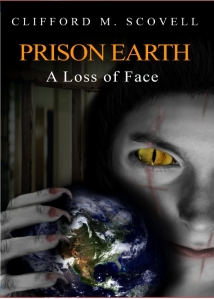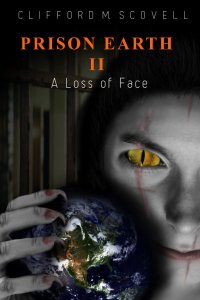Scientists recently discovered a way to manipulate the DNA (or more specifically RNA) of a virus to make it even more dangerous. Though both many scientists and many of the general public demanded that the results be banned from publication, the smart move may be to do just the opposite.
What is the biggest argument against making this discovery public? Well, duh, some of you may be saying, some crazy terrorist group will undoubtedly use this knowlege to create a super virus and wipe out civilization as we know it.
That is something to consider, but let us look at it logically.
First, could an Osama Bin Laden-style maniac with unlimited financial resources build a lab capable of doing this? I’m going to turn this question on its head and ask: When they do, what are we going to do about it?
I ask this, because I will tell you right now, it is possible, but not probable, for anyone with enough funding and the right scientists, to do this. How can I say this? If you have to ask this last question, you have not been paying close attention to the news reports. Let me refresh your memory. Two groups of scientists, (The Erasmus Medical Center in Rotterdam, the Netherlands, and at the University of Wisconsin, Madison.) working independently, came up with this process at the same time. Could a third group of scientists, whether afunded wittingly or unwittingly by a crazy person, come up with a way to do this? Yep. In fact, even if the Erasmus Medical and U of Wisconsin scientists hadn’t done what they did, it is obvious that someone, somewhere would have eventually done so. Even worse, the world’s most effective terrorist (and I use that term loosely here) is Mother Nature herself.
Think about it. Where did the H1N1 virus come from, or the influenza epidemic of 1918, the bubonic plague, small pox, malaria, or cholera epidemics? I can assure you, it wasn’t a mad scientist, bent on humanity’s destruction. Up to this point in history, all of the deadly plagues came not from some sterile lab, with groups of scientists working around the clock to create it, but in fact they were produced in the messy, uncontrolled bellies and blood streams of our own bodies. (or inside animals with physiologies similar enough to ours.).
So back to my original question: what are we going to do about this dangerous situation? The beauty of genetic research is that if you modify the genome of a virus to make it deadly, you know how to destroy it. By continuing and expanding the research, we allow the scientific community to develop a defense against this stuff, whether natural or manmade. If something deadly pops up, whether naturally or artificially created, we stand a better chance of building a defense quickly. Without this research, the next pandemic might well kill millions or even tens of millions before someone stumbles on a defense. The rate of death is exacerbated by our ever increasing level of mobility, where an infected individual can travel between states, across our country, or around the world before the person even knows he/she is ill.
In my mind, this is the issue: do we hide this information and pretend that no one else will succeed in doing this again, or should we be proactive, using this research to develop a way to defeat these killers before they spread around the world.




